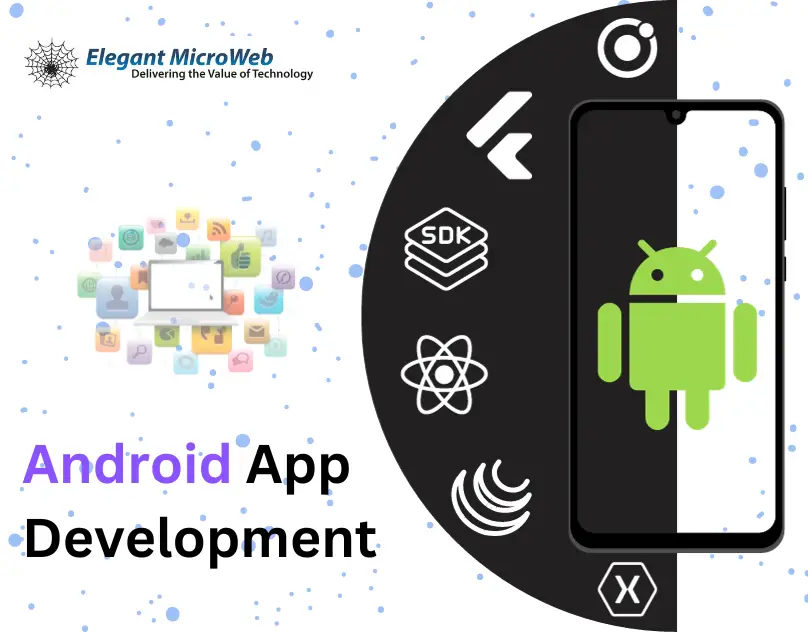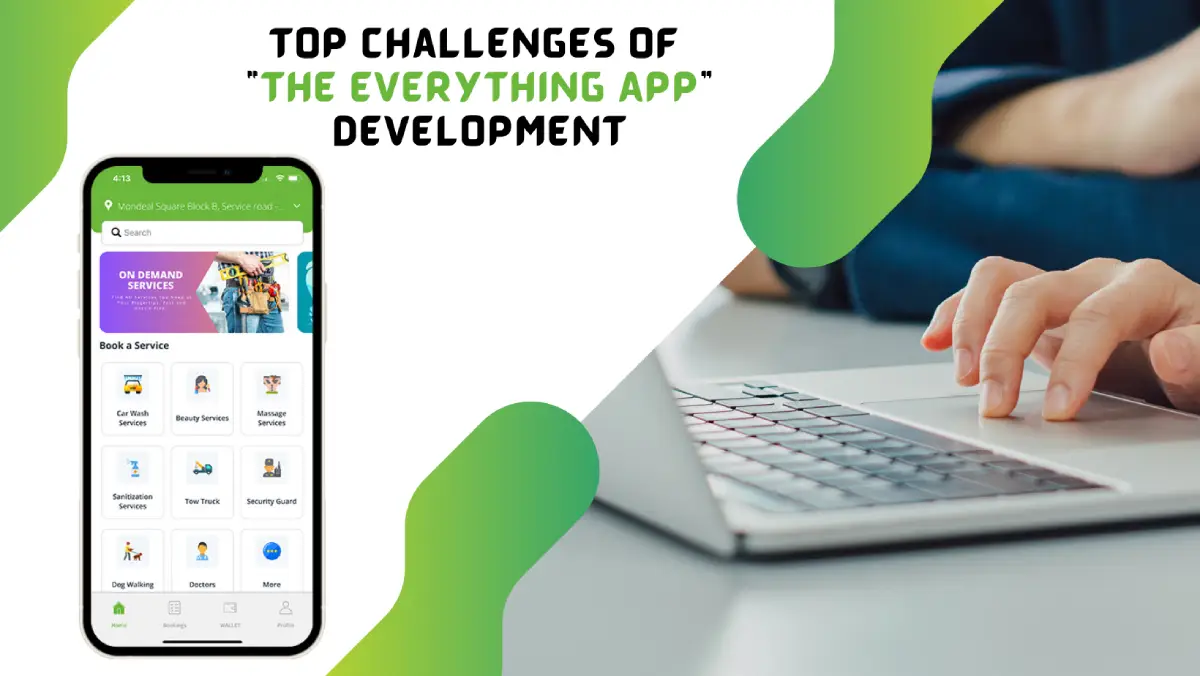What Sets Android Development Apart from iOS Development?
Two heavyweights stand tall in the constantly evolving field of mobile app development: iOS and Android. With millions of users and a sizable app ecosystem, these two operating systems control the majority of the smartphone industry. Developers and companies have to thoroughly determine the accurate platform for their objectives.
This piece goes over the distinctions between iOS and Android development and delivers insight into crucial factors to consider when choosing between an iOS app development service and an Android app development service.
Market Share and User Base
The market shares and user bases of Android and iOS development are two significant domains where they differ from one another. Given its dominance in the global marketplace, Android is the platform of choice for developers who want to reach many potential customers.
On the other hand, iOS serves a richer and frequently more active user base. Companies can find it advantageous to capitalize on customers’ greater purchasing power when choosing iOS app development.
Development Languages
Development for Android and iOS differs significantly in the programming languages available. Whereas iOS apps are mostly created with Swift or Objective-C, Android apps are often produced with Java or Kotlin. This distinction can affect the program’s general performance, development pace, and learning curve in various capacities. Since Swift is renowned for its efficiency and security, iOS app development businesses frequently have Swift expertise.
Fragmentation and Device Ecosystem
For developers, Android’s open platform has two drawbacks. The problem of device fragmentation is evident even if it gives great flexibility. The screen sizes, resolutions, and hardware capabilities of Android smartphones vary. This fragmentation can result in compatibility problems and need thorough app compatibility testing.
iOS, on the other hand, provides a more regulated environment with fewer devices, which makes it simpler to guarantee consistent app performance and user experience.

App Store Guidelines
Apps that want to be submitted to and approved by the Google Play Store and Apple App Store must meet specific standards. Renowned for its stringent review techniques, Apple sometimes delays app releases but in the end, provides a more polished and secure user experience.
The Play Store, on the contrary, is comparatively more permissive, enabling quicker app release yet potentially raising questions about quality control. The effect of Apple’s restrictions on app release timeframes must be taken into account when selecting an iOS app development company.
Monetization Models
The availability of sources of revenue is yet another important differentiator between Android and iOS development. The platform is attractive for monetization with in-app subscriptions and premium app pricing since iOS users often spend more money on applications and in-app purchases.
However, since Android is often associated with free apps that contain ads, alternate methods of revenue may be required. Businesses should consider the platform’s selected revenue techniques while selecting an Android app development company.
Development Tools and Ecosystem
The entire environment as well as the selection of development tools have a big influence on how productive app development is. The extensive feature set and ease of use of the feature-rich iOS integrated development environment (IDE) Xcode are widely recognized.
Programming for Android is often done with Android Studio, a powerful tool that occasionally needs further configuration. The choice of tool can have an effect on the degree of skill and productivity of the development team.
Testing and Debugging
Both systems have a wealth of testing and debugging capabilities, but their approaches differ. iOS developers frequently test on a small number of devices, which expedites the process.
Android’s fragmented device ecosystem needs more extensive testing to ensure compatibility across a broad range of devices. This should be considered in the development time frame and budget.
Development Cost
The cost of developing an iOS or Android app can vary significantly. Android development can call for more extensive testing and compatibility efforts, whereas iOS development can involve additional expenditures associated with acquiring Apple devices for testing. While choosing between an iOS app development and an Android app development, businesses should consider these costs.
Geographical and Demographic Factors
Understanding the demographics and preferred regions of the target audience is necessary when deciding between Android and iOS development. iOS is more popular among consumers in North America and Europe who often have more disposable income.
On the other hand, Android is more common in developing countries and emerging markets because of its inexpensive cost and wide choice of devices. This differentiation can have a big influence on the platform choice since developers and businesses have to change their approach to consider the specific regions where their app has the best chance of succeeding.
Conclusion
Every platform has advantages and disadvantages, so companies need to think carefully about their growth assets, target market, and monetization plans. Differentiating between iOS app development and Android app development should be done according to your company’s goals and interests.
Whatever the technical complexities of each platform, Android’s larger user base, or iOS’s well-thought-out user interface, selecting the right option will result in a working and beneficial mobile app that appeals to the intended market.







